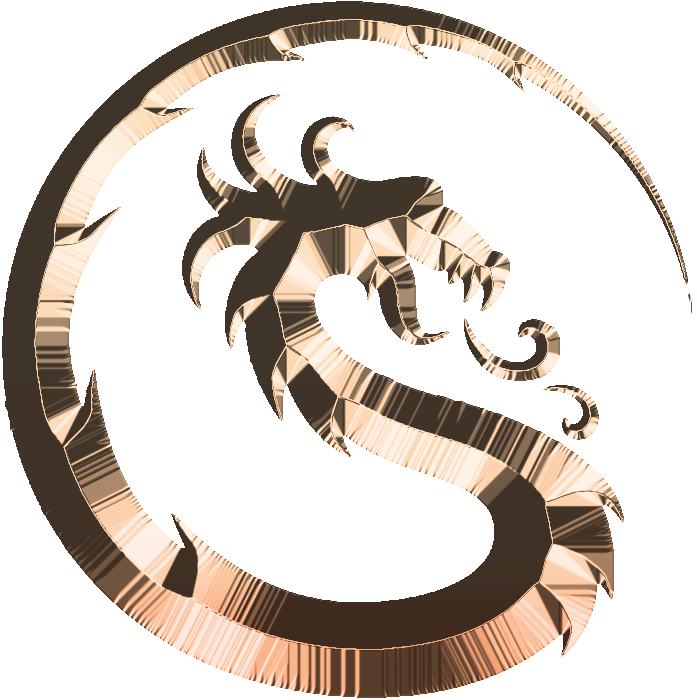The final “cliché” in fantasy fiction needs little introduction. He is the granddaddy of all antagonists, the embodiment of evil that threatens the main character, and often the survival of kingdoms, continents, and worlds.
Relatively recent incarnations of this antagonist, whose power usually dwarfs that of our poor hero, include Sauron from J.R.R. Tolkien’s The Lord of the Rings, the Warlock Lord from Terry Brooks’ The Sword of Shannara, Lord Foul from Stephen R. Donaldson’s The Chronicles of Thomas Covenant, and the Crimson King from Stephen King’s The Dark Tower series. Other manifestations of this character which may be less potent, but no less evil, include an archetype called the Warlock or the Sorcerer. Lord Voldemort from J.K. Rowling’s Harry Potter series, Randall Flagg from Stephen King’s The Stand, and Emperor Palpatine from George Lucas’ Star Wars provide a few examples. But more so than any of the other so-called clichés I’ve explored in terms of literature and mythology, this character goes back the farthest. To quote Mick Jagger, “Pleased to meet you, hope you guessed my name.”
 |
| Sauron was one of many incarnations of this great villain. |
 |
| If only we had a Magic Weapon to vanquish evil! |
In all of these various and ancient incarnations, the great antagonist is a primary actor in the struggle between light and darkness, good and evil. And since fantasy fiction so often concerns itself with such fundamental themes, the existence of this adversary in such stories is not only unsurprising, but wholly understandable. After all, in the past hundred years, history is filled evidence of a fundamental evil at work in the world: 9/11, the Holocaust, and the Killing Fields provide just a few examples. I believe one of the reasons folks read fantasy fiction is to escape the fears of such evil in our own world and experience a story world where evils like this can be vanquished. This is one of the reasons we have the Messiah archetype and the Magic Weapon as common elements in fantasy literature. It’s also the reason Frodo destroyed the One Ring and Luke Skywalker blew up the Death Star. Because these things give us hope. And amidst the terrors and injustice of our own world, that is something for which many readers yearn.
The great antagonist, like all of the so-called clichés explored in this series, plays an important role in fantasy fiction – a role often essential to many stories. That is why this character has stood the test of time, and why the great antagonist, like the other elements I’ve talked about, are here to stay.
 |
| One of the best Good vs. Evil books around! |
